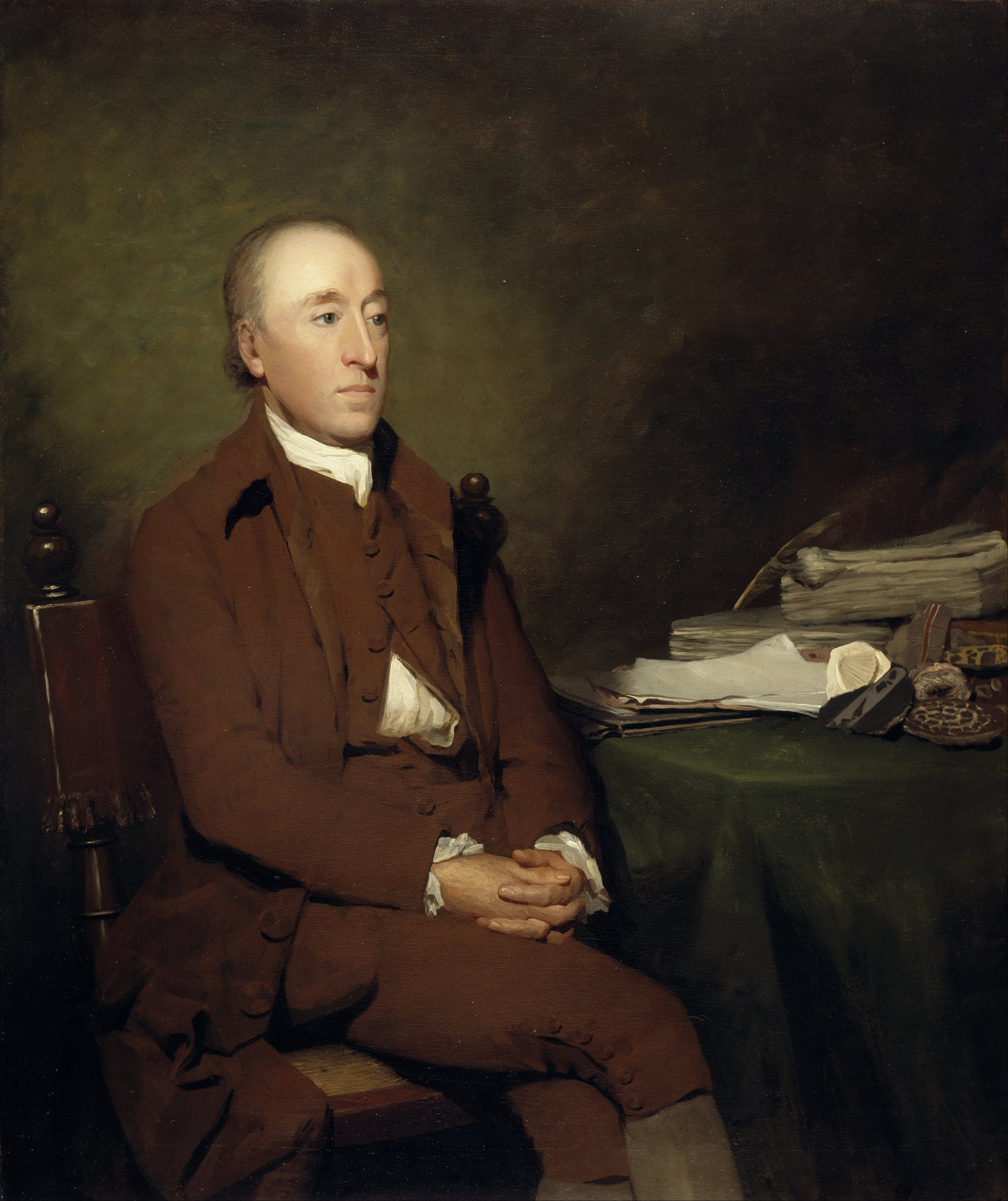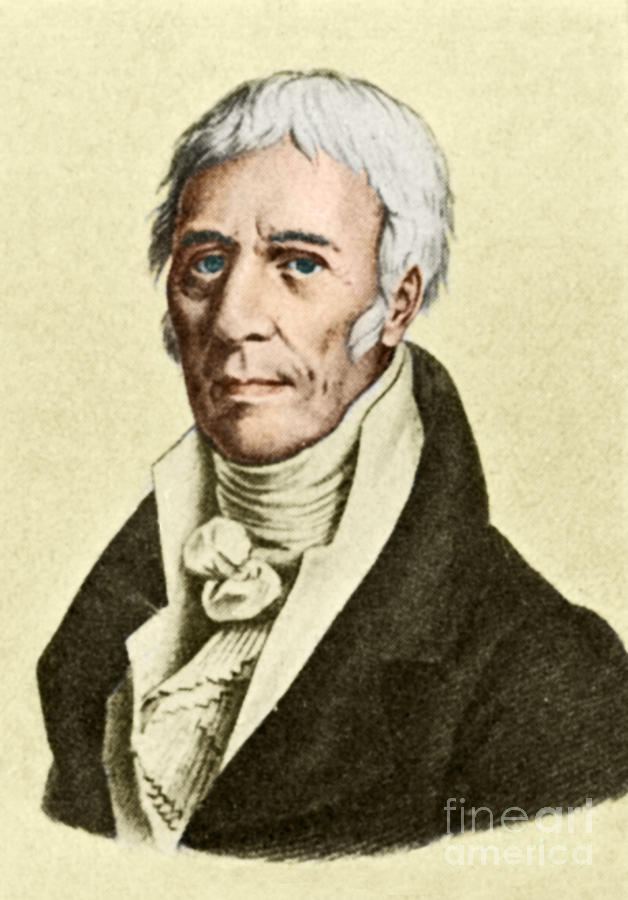This isn't an easy question to answer especially if you want to address it in full. Instead of jumping into evolution right away I thought it would be good to start with the scientists and science discoveries that lead up to Darwin's theory and/or whose discoveries were integral to the development of the theory of evolution.
James Hutton (1785)
James Hutton was a geologist who studied Earth processes. He discovered that the Earth's surface was capable of twisting and wearing away. In addition, Hutton proposed that this change was slow and over long periods of time due to activity like volcanic eruptions and rain weathering. He was also the first to think of Deep Time or the concept that the Earth is so old that it is hard (impossible?) for a human to imagine. More on James Hutton, considered the Father of Modern Geology.
Thomas Malthus (1798)
Malthus was an economist that reasoned, if human population grew unchecked that there eventually wouldn't be enough resources to survive. Darwin used this concept heavily in his process of defining how populations might exist over time. More about Thomas Malthus.
Jean-Baptiste Lamarck (1809)
Lamarck was a naturalist who believed that organisms could change during a lifetime by using or not using body parts. His paper on how individuals pass on traits to offspring and facilitating change over time was published the year Darwin was born. Lamarck also thought that organisms had an inborn drive to become more complex. More about Lamarck and About the difference between Darwin and Lamarck's views on evolution.
Charles Lyell (1830-1833)
Lyell developed the concept of Uniformitarianism. This concept is that the laws of nature are constant over time. What this means is that those events we see now; volcanoes, rivers cutting valleys, erosion, etc must have been occurring in the past. Fun fact: Darwin read Lyell's "Principles of Geology" while on the HMS Beagle. About Charles Lyell and how he came to Uniformitarianism




No comments:
Post a Comment